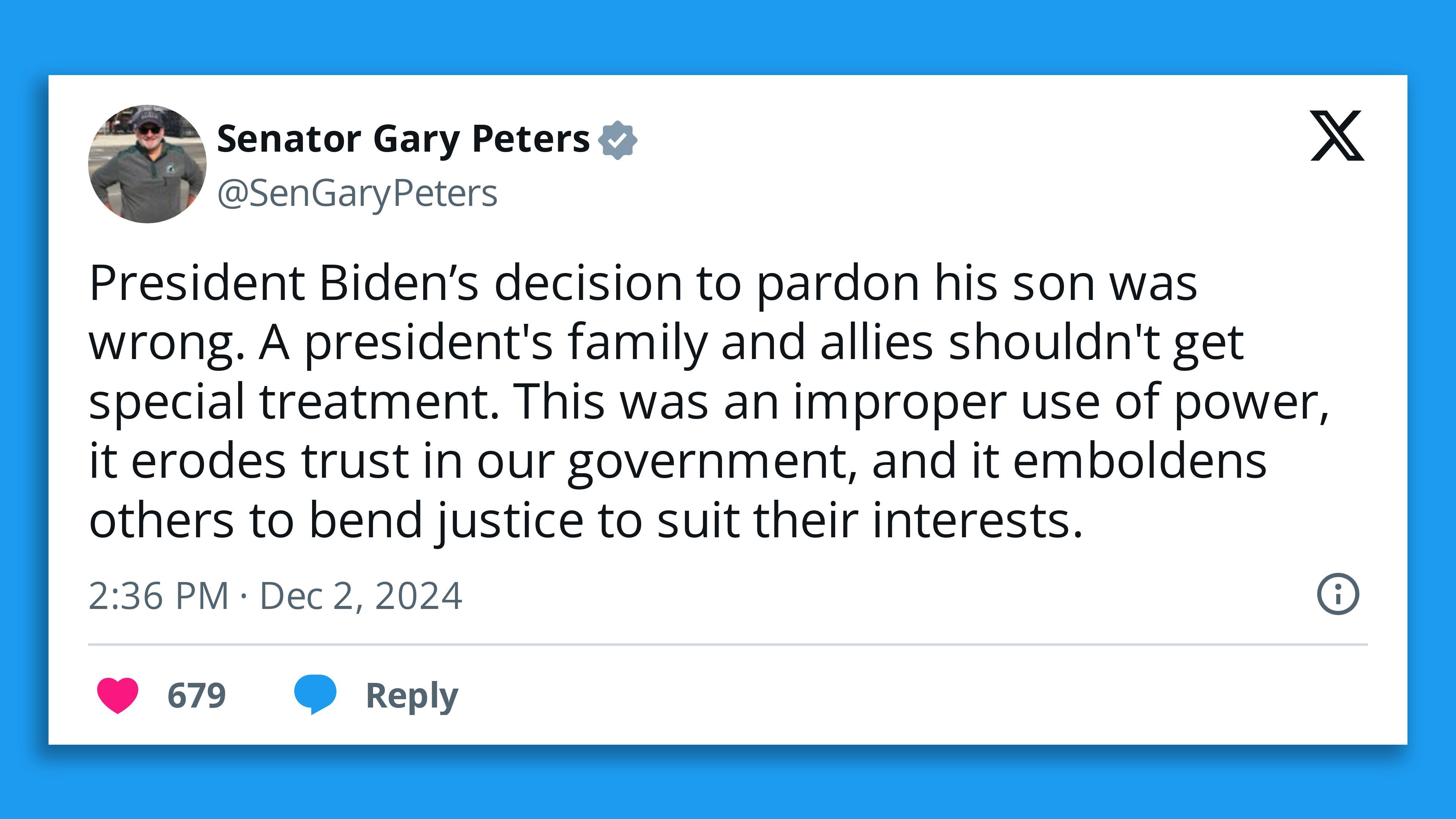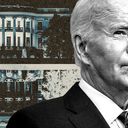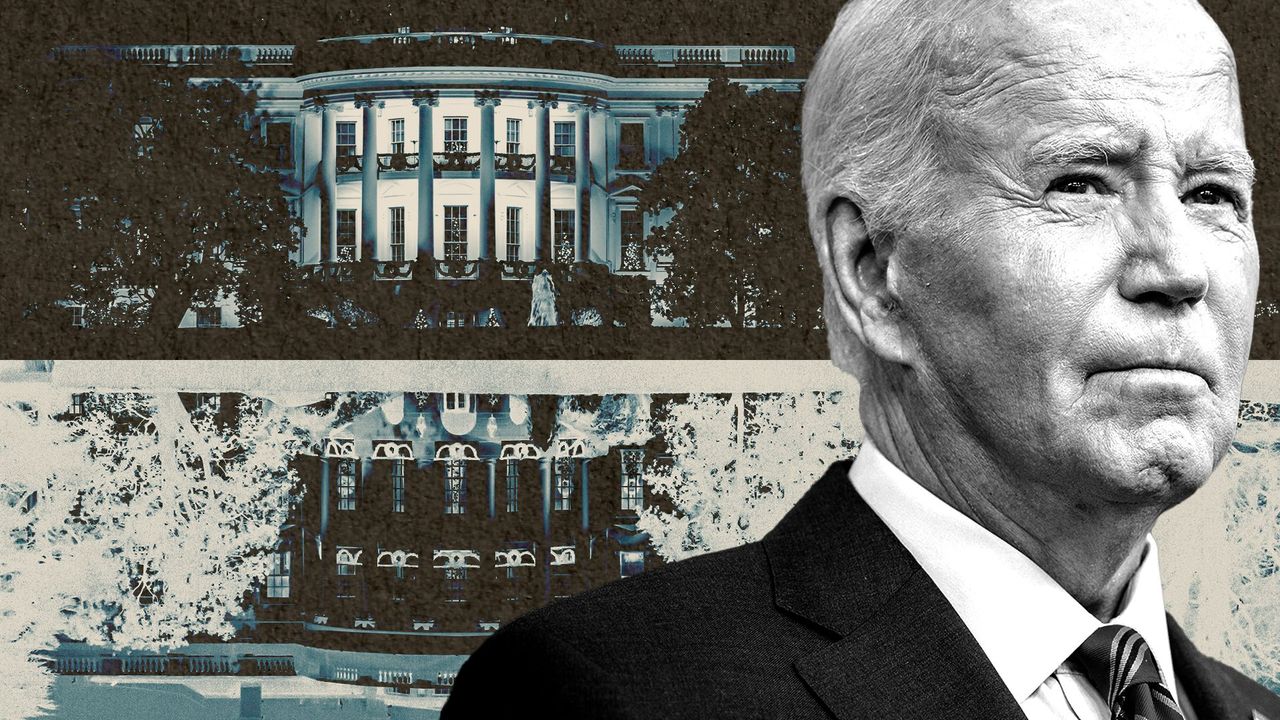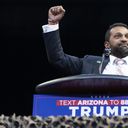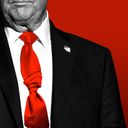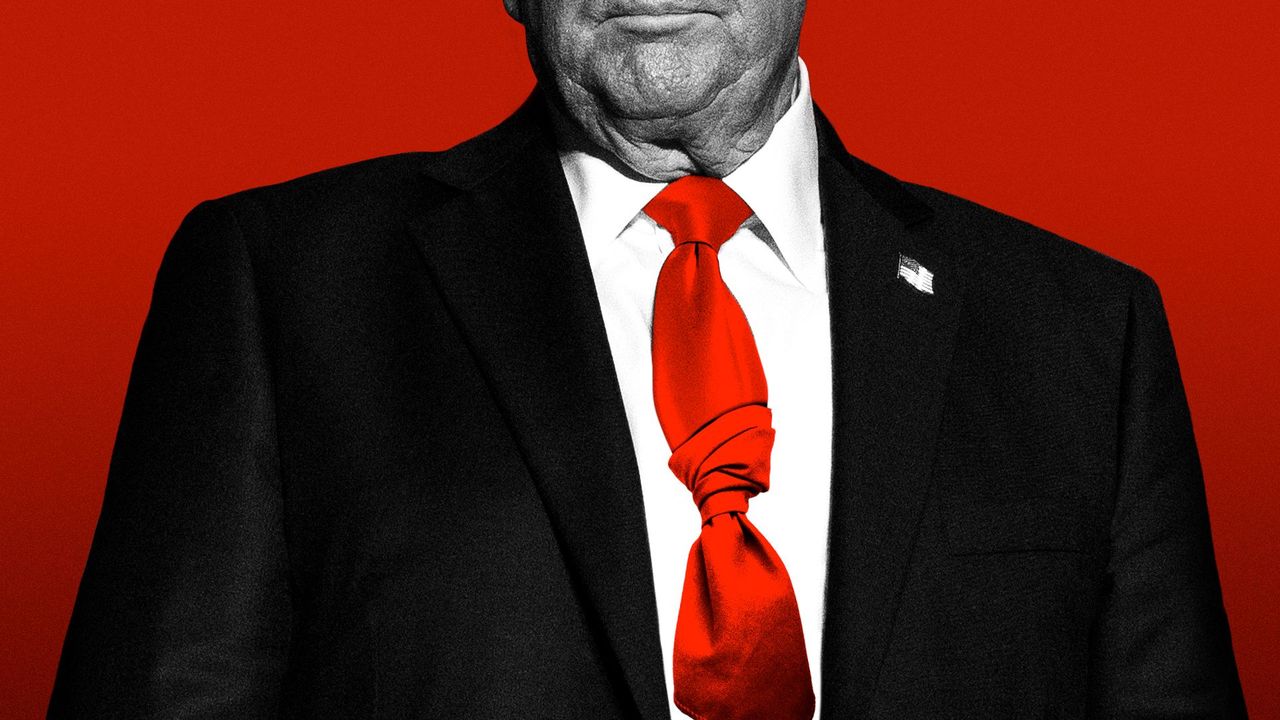Why Americans are obsessing over Luigi Mangione's social media posts
Luigi Mangione, charged in the brazen murder of UnitedHealthcare CEO Brian Thompson, left behind a tantalizing digital footprint with few parallels in the history of famed assassins.
Why it matters: Mangione's alleged crime and possible motivations have sparked nationwide debates over America's health care system and its culture of violence, which have already rippled through business and politics.
- Journalists, investigators and true-crime obsessives are now poring through the 26-year-old's extensive and eclectic online history, and coming to very different conclusions.
The emerging portrait is intriguing: High school valedictorian, Ivy League-educated data engineer, avid gamer, fitness buff, backpacker, amateur philosopher, victim of debilitating back pain.
- But it's also incomplete: Social media — which Mangione seemingly abandoned months ago — can only reveal so much about the true identity of any man, let alone an alleged killer.
Driving the news: In the immediate aftermath of Mangione's arrest, partisans of all stripes rushed to condemn — or claim, in the case of some edgy influencers — his perceived ideology.
- His posts had something for everyone: Conservatives saw an anti-capitalist San Francisco liberal; progressives saw an "anti-woke" rich kid who aligned with right-wing futurists.
- But a comprehensive review of Mangione's digital footprint suggests his politics don't fall neatly into one box — and that he had fairly anodyne interests for a 20-something tech bro.
- He engaged with a range of heterodox influencers, many of them focused on holistic health, self-improvement, psychedelic mushrooms, tech's role in society, and general anti-establishment sentiment.
What they're saying: "The world is getting worse and phones are killing us; politics won't save us but technology might; in the meantime, lift weights, take supplements, listen to podcasts," journalist Max Read summed up the subculture reflected by Mangione's media diet.
Zoom in: The most revealing online clue to what potentially drove Mangione is his experience with chronic back pain, which friends confirm caused major disruptions to his active lifestyle.
- On Reddit, Mangione shared that he had spinal fusion surgery in July 2023 — though his posts never mentioned any frustrations or anger toward the health insurance industry, according to the New York Times.
- His final post appears to have been on the subreddit r/tedkaczynski — a forum dedicated to the Unabomber, whose anti-tech manifesto received a four-star review from Mangione on GoodReads.
Between the lines: Anyone with an online presence knows digital breadcrumbs can only lead you so far, especially when they get hoovered up in a criminal investigation.
- More than at any point in human history, evidence lies in plain sight: Rather than seek a subpoena for Mangione's library list, investigators can openly peruse his preferred books, podcasts and communities online.
- But social media is also inherently performative: Mangione's persona is one that he curated — and reality is likely far more complicated than what he conveyed online.
Perhaps most critically, social media posts tend to capture a singular moment in time.
- Mangione, the scion of a wealthy Maryland family with a network of close friends and excellent career prospects, shared little online that would suggest he could be capable of a heinous murder.
- But his apparent disengagement and isolation beginning six months ago — from his family, friends and online spaces — likely hold clues that won't turn up in a Google search.
Axios' Meg Morrone and Scott Rosenberg contributed reporting.
Go deeper: How the internet cheered the UnitedHealth shooting suspect as a folk hero











